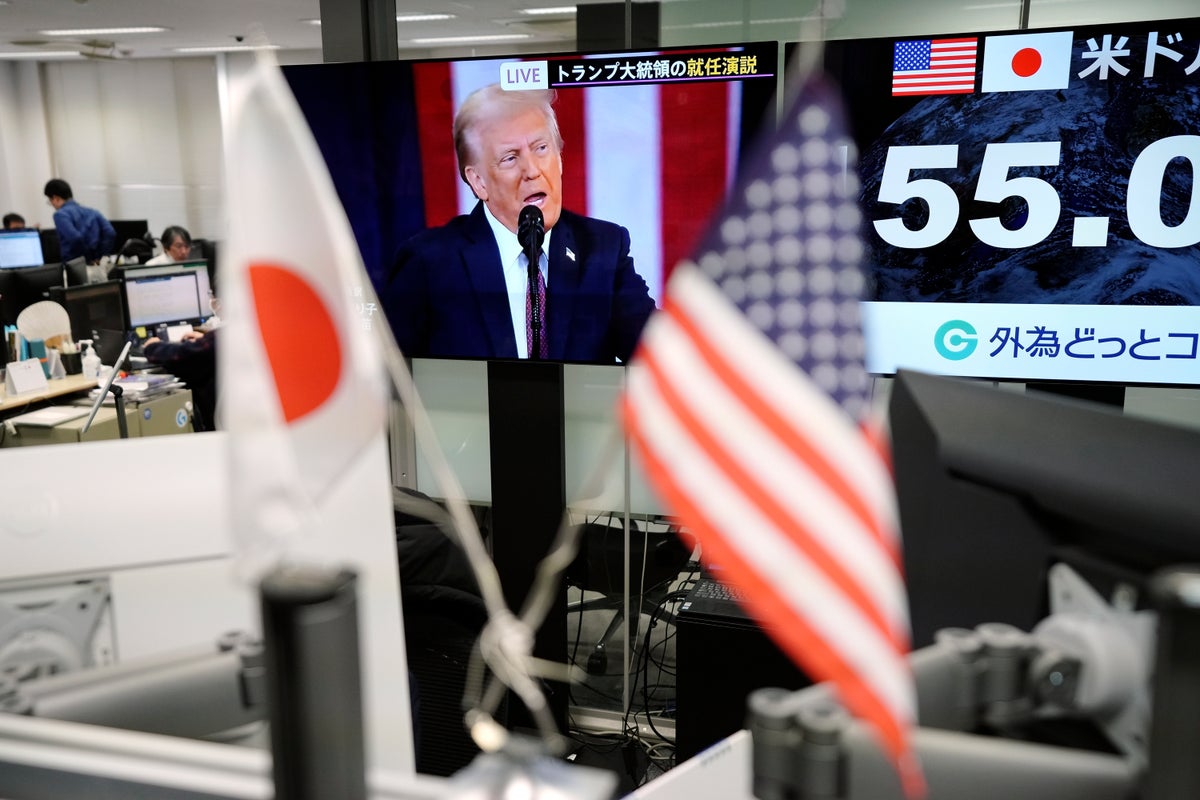The latest from Trump is his announcement of 25% tariffs on all foreign steel and aluminum coming into the U.S. South Korea, and to a lesser extent Japan, export steel to the U.S., but the impact on their economies might not be that big since both nations export more in other goods to the U.S. Last month, Trump decided to impose 10% duties on all Chinese imports.
Most of Wall Street agrees that substantial and sustained tariffs would push up prices for U.S. households and ultimately lead to big pain for financial markets around the world.
The moves on Wall Street were modest not only for U.S. stocks but also in the bond market, where Treasury yields rose by only a bit.
That’s what he did earlier with 25% tariffs he had announced for all imports from Canada and Mexico, suggesting tariffs may be merely a negotiating chip rather than a true long-term policy.
He said again he’s aware that going too slowly on rate cuts could damage the economy, while moving too quickly could push inflation higher.






















